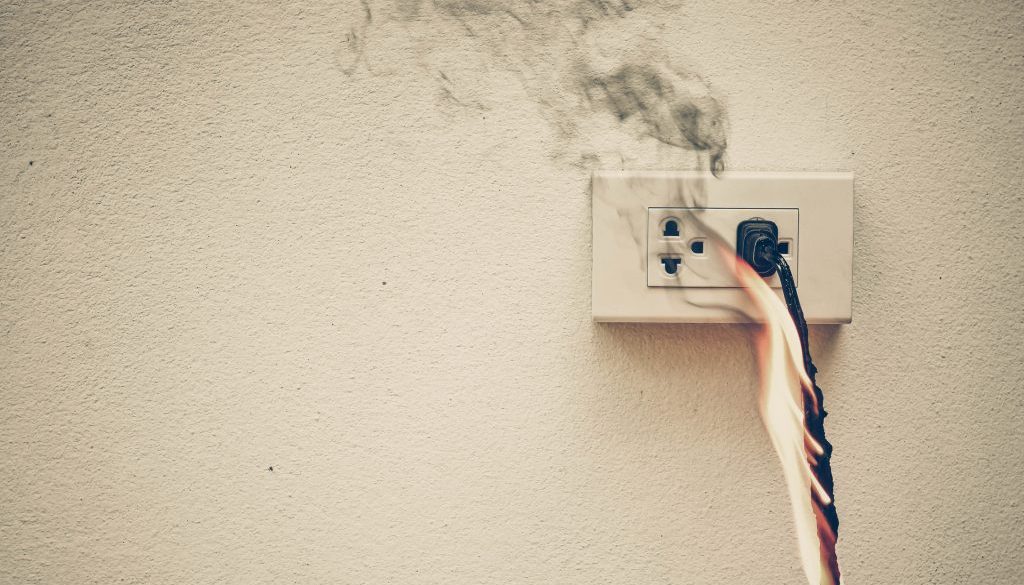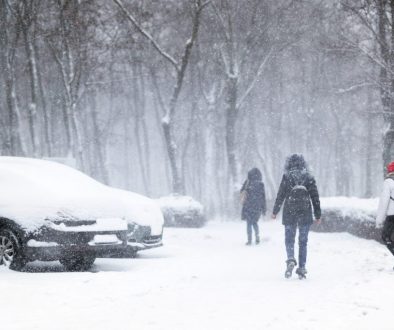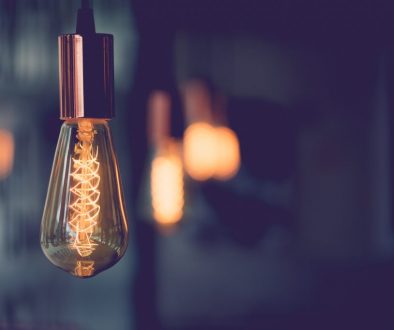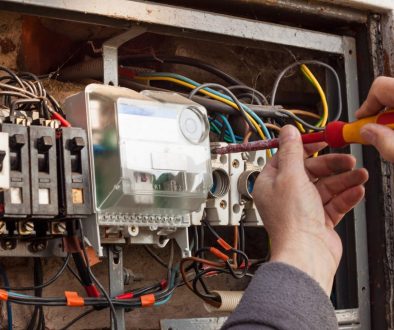Common Causes of Electrical Power Surges And What You Can Do About Them in Schaumburg
Power surges are an unseen hazard that causes $5 to $6 billion worth of damage every year according to the National Lightning Safety Institute.
Keep your home safe from power issues is important. This includes checking your wiring and ensuring all your appliances are working properly.
Here’s what to look out for if you don’t want to become a statistic.
What is a Power Surge?
A power surge is an unexpected and unavoidable upward spike in the power supply to your home’s electrical outlets. Most electrical appliances draw 120 volts AC power from electrical outlets.
When a quick, intense burst of power makes its way through those outlets, you’ve got problems. Plugged-in appliances may overheat, malfunction and even set alight in some cases. Several factors can be responsible for these severe jolts of electricity.
1. Overloading Outlets or Circuits
Just like your electrical appliances, electrical outlets have their limits too. Attaching too many appliances to one outlet can force more electricity to that area, resulting in an electrical power surge.
During the holidays, with the combination of lights and other electronic accessories, not to mention all of the electronic devices we run constantly, overloading a circuit is pretty common. Because of this, taking basic precautions with holiday lights and accessories is important for safety.
Beyond simply overloading an outlet with devices, the electric wiring in your home may be a factor in circuit malfunction. Some circuits may be supplying power to numerous outlets. If the strain on the circuit is large enough, it can overload and cause damage to connected devices. Plug devices into multiple outlets using a power strip and surge protector. If you suspect a wiring problem, the wiring may need to be distributed across multiple circuits by a professional electrician. Alternatively, if all the electrical outlets in one room are operating on a single circuit, the culprit could be the circuit itself.
2. Damaged and Exposed Wiring
It’s obvious to anyone that exposed wires are a bad idea, but what concealed wiring in your walls? Pests like mice and squirrels fancy nibbling on concealed wiring. This causes havoc with your home or business electricity system. The exposed wires allow electricity to roam unconfined through your premises, leading to power spikes and other common electrical problems.
3. Lightning
Lighting is pure electricity and can cause a surge of electricity to your outlets if it strikes near your house. Always unplug your electrical devices at the first hint of a storm. They do not stand a chance against the raw voltage of a lightning strike. About 30 000 000 lightning flashes strike the ground annually in the USA, and it’s not true that it won’t hit the same target twice.
4. High-Energy Electrics
Appliances and machines that use a lot of energy, like air-conditioners can cause a power surge when they are first switched on.
These high-powered devices draw a huge amount of voltage through your building’s circuitry. Any electrical device along the way may become caught up in this flood of electricity, leading to damage. Flickering lights are a tell-tale sign of power spikes due to these kinds of appliances.
5. Power Outages Can Mean Power Surges
Believe it or not, no power can lead to too much power in your home’s electrical system. The big burst of electricity needed to kickstart the neighborhood after an outage can sometimes go astray, causing surges in unexpected places.
6. Take Care with Cords
Be careful where you place and run extension cords. Rugs and other obstructions running over or placed nearby cords and outlets are a fire hazard. Anything that could catch fire should be removed away from any cords, outlets, and wires. Putting up decor during the holiday season typically requires using an often chaotic arrangement of extension cords, outlets, and power strips to power all of the lights and accessories. Because of this, you should be vigilant about where cords and other electrical accessories are located and take precautions to relocate certain hazardous items.
7. Use Surge Protectors
Power surges, while mostly rare, can damage or destroy electronic devices, appliances, and potentially damage your home’s wiring. Install surge protectors to help guard against this risk to home electrical systems and appliances from high voltage surges. These devices can be installed on individual outlets or as entire home protection systems.
Surge protectors cannot prevent a power surge from affecting your home, but they can protect individual devices from damage or destruction. A good idea is to look for a surge protector power strip to protect multiple devices plugged into a single outlet. During the holidays, taking extra precautions to protect your home electrical wiring, lighting, and devices is extremely important.
Be Prepared
Protect your possessions from power surge damage with Wayne P Leonard. Call us today to schedule an appointment and take action!




